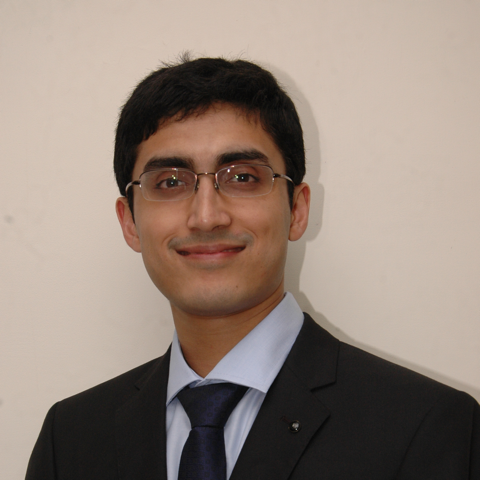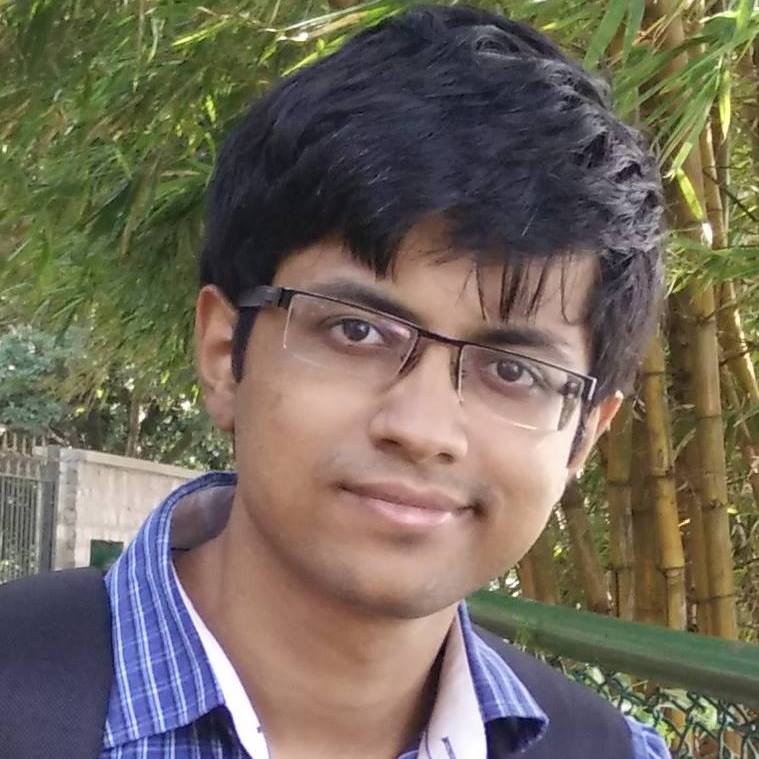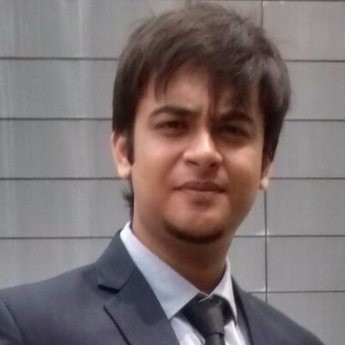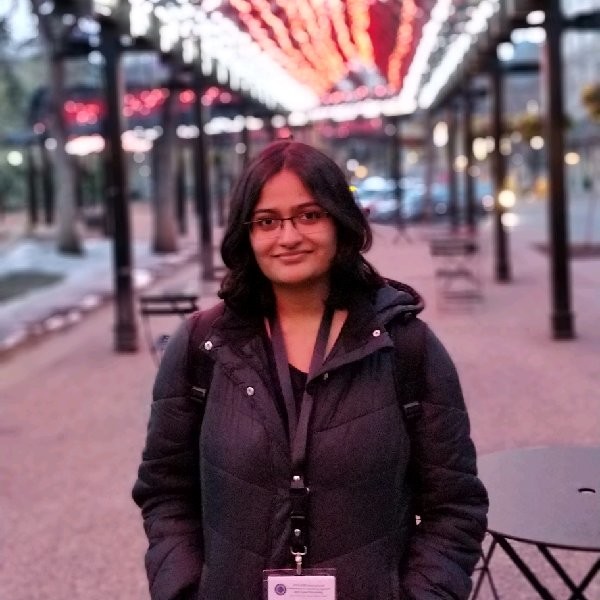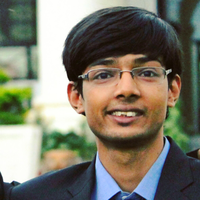The Data Intelligence and Computational Engineering Lab at Iowa State University is an inter-disciplinary group of researchers who develop novel machine learning techniques from a foundational perspective, with focus areas spanning optimization algorithms, information theory, and statistics.
News
-
September, 2019
Our paper on untrained network priors has been accepted to Neurips’2019!
-
July, 2019
Our paper on Semantic Adversarial Attacks has been accepted to ICCV’19, Seoul!
-
June, 2019
Find our new paper on algorithmic guarantees for inverse imaging with untrained network priors on ArXiv!
-
June, 2019
Check out our new paper that shows a method to encode invariances in deep generative models on Arxiv!
-
April, 2019
Awarded the second prize in the Open Data Challenge at MRS Spring Meeting'19!
Our team of students and professors from ECpE and ME departments of Iowa State University won the second prize in the Open Data Challenge organized by Materials Research Society and Citrine Informatics at MRS Spring meeting in Phoenix, AZ.
Read more » -
April, 2019
Our new paper on Semantic Adversarial Attacks is up on Arxiv!
-
March, 2019
New dataset of 2D morphologies: MRS open data challenge submission
Released a new dataset: Binary 2D morphologies of polymer phase separation along with a python toolbox providing API and utilities to aid the usage of our dataset. Documentation is available here.
Read more » -
February, 2019
Our papers on Hyper Parameter Optimization and Compressive Phase Retrieval under Generative Priors have been accepted to ICASSP, 2019. Look out for our posters at the conference venue.
Research
Invnet emulator
Generative Adversarial Networks (GANs), while widely successful in modeling complex data distributions, have not yet been sufficiently leveraged in scientific computing and design. Reasons for this include the lack of flexibility of GANs to represent discrete-valued image data, as well as the lack of control over physical properties of generated samples. We propose a new conditional generative modeling approach (InvNet) that efficiently enables modeling discrete-valued images, while allowing control over their parameterized geometric and statistical properties. We evaluate our approach on several synthetic and real world problems, navigating manifolds of geometric shapes with desired sizes; generation of binary two-phase materials; and the (challenging) problem of generating multi-orientation polycrystalline microstructures.
Robustifying Machine Learning under Semantic Constraints
We explore the space of adversarial examples in terms of semantically valid images. Our approach relies on the use of generative models to simulate the semantic transformations of images.
Physics-aware Deep Generative Models for Creating Synthetic Microstructures
We integrate classical engineering approaches (i.e., physics models) with machine learning models such as generative models to transform and accelerate such design exploration process.
Reconstruction from Periodic Nonlinearities, with applications in HDR imaging
Our aim is a reliable estimation of a signal or image from its periodic nonlinearities, with a focus on a periodic nonlinear observation model named modulo sensor encountered in high-dynamic range (HDR) imaging.
Solving inverse problems using GAN priors
We leverage the ability of Generative Adversarial Networks (GANs) of learning the real data distribution by using the Generator function as a prior on natural images.
Provable Algorithms for training ReLU networks
We prove linear convergence of both gradient descent and a new scheme called alternating minimization for training ReLU based 2-layer networks.
Sparse image super resolution
We consider the problem of super-resolution for sub-diffraction imaging using our CoPRAM algorithm for sparse phase retrieval.
Phase retrieval of structured signals
We consider the problem of recovering a signal from magnitude-only measurements under a structured sparsity prior. The problem is of interest in the fields of nano- and bioimaging systems, astronomical imaging and speech processing.
Fast Low-Rank Estimation for Ill-Conditioned Matrices
In this paper, we study the general problem of optimizing a convex function $F(L)$ over the set of $p\times p$ matrices, subject to rank constraints on $L$.
Fast and Provable Algorithms for Learning Two-Layer Polynomial Neural Networks
We study the problem of (provably) learning the weights of a two-layer neural network with quadratic activations.
Demixing Structured Signal form their Nonlinear Superposition
We study the problem of demixing a pair of sparse signals from noisy, nonlinear observations of their superposition.
Towards Deeper Theoretical Understanding for Unsupervised Learning
We consider the problem of unsupervised feature learning via generative models and present efficient algorithms for learning generatice models for sparse coding.

